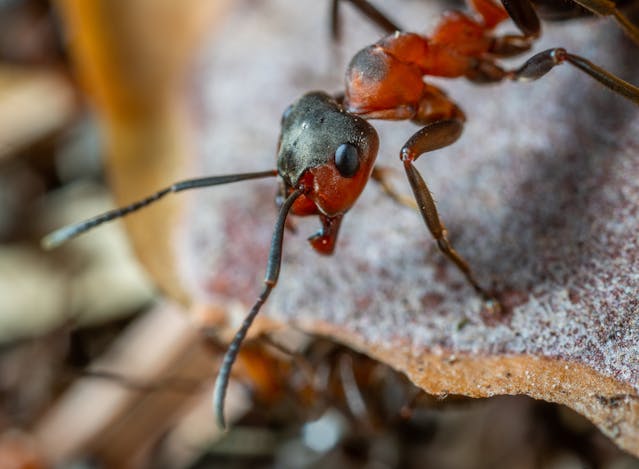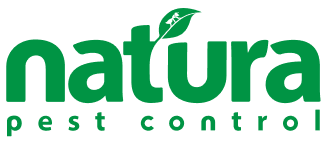Join us as we navigate the everyday challenges of dealing with ants in Washington State, providing you with the top tips for spotting, preventing, and addressing ant problems in your Washington home!
Odorous House Ants
Meet the odorous house ant (Tapinoma sessile), a small yet impactful species ranging in color from dark brown to black.
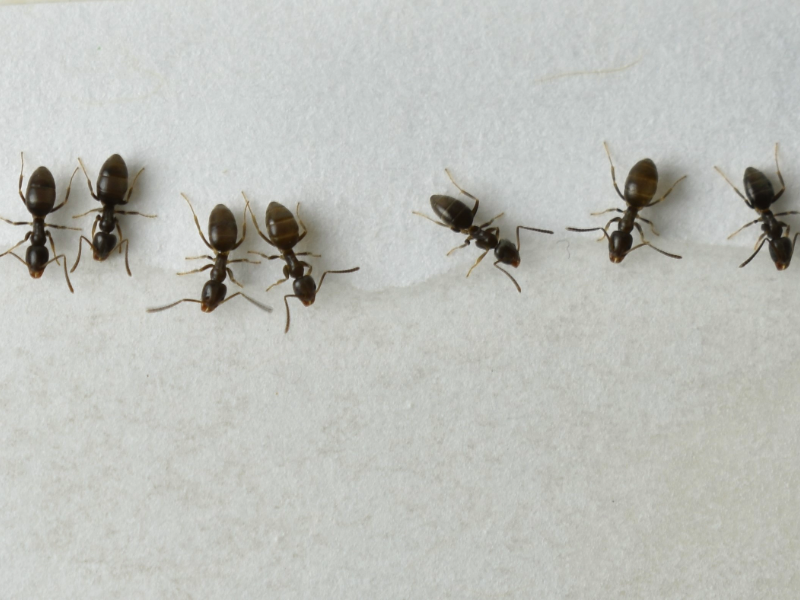
These ants typically measure between 2.4 to 3.3 millimeters (0.09 to 0.13 inches) in length, with slight variations based on age and colony role. While individually inconspicuous, their collective presence can become highly noticeable, particularly when they infiltrate indoor spaces for food.
Known as “sugar ants” due to their affinity for sweet treats, odorous house ants harbor an additional characteristic: a distinct scent. When crushed, they emit a potent odor reminiscent of rotten coconut or blue cheese.
While the precise origin of this scent remains a mystery, research conducted by entomologist Clint Penick suggests that odorous house ants produce methyl ketones similar to those found in Penicillium molds, which can explain their foul-smelling chemical secretions.
Unfortunately for Washington residents, these ants aren’t picky about their nesting sites, setting up colonies under rocks, within wall voids, or beneath flooring. As opportunistic foragers, they feast on kitchen crumbs, spills, overripe fruit, and even garbage, making them a common household nuisance.
Operating within highly organized colonies, odorous house ants are led by a queen, with workers upkeep the colony and tirelessly foraging for food. With the queen’s rapid egg production, a minor ant problem can swiftly escalate into a severe infestation.
Carpenter Ants
Unlike their odorous house ant counterparts, carpenter ants of the Camponotus genus are larger pests with a serious knack for woodwork. They’re not just foragers; they’re master excavators, carving intricate tunnels within the wooden structures of your home and yard.
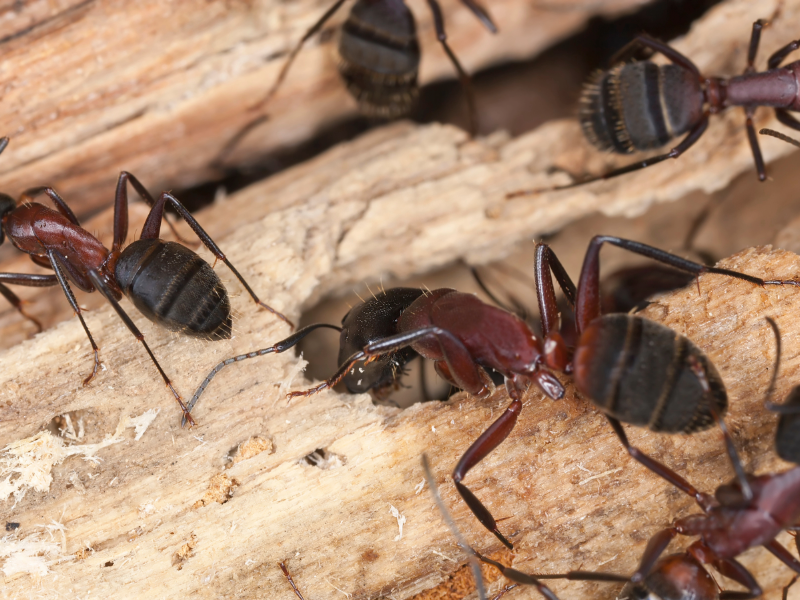
You’ll often find them in damp spots like basements, crawl spaces, and attics, where they can easily set up shop in damaged or untreated wood, staying hidden for ages. Outdoors, they prefer to nest in rotten logs or water-logged wooden furniture.
Within their colonies, there’s a clear hierarchy: a queen calling the shots, workers busily excavating tunnels, and soldiers defending the nest. While their colonies may not match the sheer size of termite infestations, carpenter ants in Washington State can still pose a significant threat to your property. Their tunneling can compromise a building’s integrity over time, leading to costly repairs and safety concerns.
Pavement Ants
Ever noticed tiny ants scuttling along the cracks in the pavement? Chances are, you’ve crossed paths with pavement ants (Tetramorium caespitum). Despite their small size, these ants are a common fixture in urban and suburban landscapes.
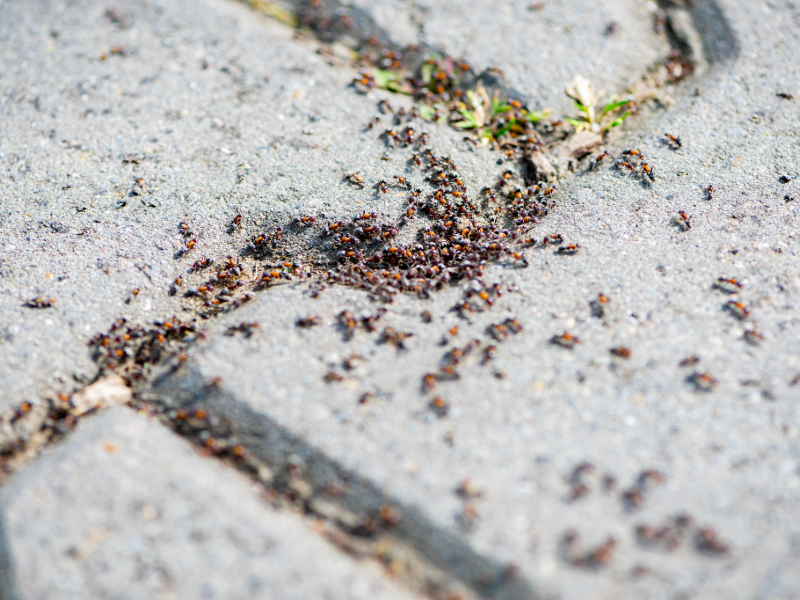
True to their name, pavement ants in Washington State thrive in urban settings, nesting beneath sidewalks, patios, and even within the walls of buildings. They’re adaptable creatures, equally at home in the concrete jungle as they are in natural environments. Once established, their nests can extend for considerable distances underground.
While pavement ants can’t cause severe structural damage like carpenter ants, they can still be a nuisance to homeowners and businesses. They’re opportunistic scavengers attracted to a wide range of food sources, from discarded crumbs to sugary spills.
Dealing with Ants in Washington State
From simple preventive measures to professional pest control solutions, Natura is here to give you the knowledge and tools needed to reclaim your home from these unwanted ant guests.
Dealing with Odorous House Ants
Odorous house ants may not pose significant structural threats, but their sheer numbers and persistence can be a nuisance. Here are some effective strategies for managing them:
- Keep your living spaces clean and free of food debris. Regularly sweep floors, wipe down countertops, and clean up spills to eliminate potential food sources.
- Inspect your home for cracks, gaps, and other potential entry points. Seal these openings with caulk or other appropriate materials to prevent ants from gaining access.
- Trim vegetation away from your home and seal outdoor garbage bins to reduce potential nesting sites and food sources near your property.
Managing Carpenter Ant Infestations
Carpenter ants in Washington State can wreak havoc on the wood in your home. Follow these tips to prevent and manage challenging infestations:
- Fix any moisture problems around your home, like leaky pipes or clogged gutters.
- Regularly check wooden structures for signs of carpenter ant activity, such as sawdust-like frass or hollow-sounding wood.
- Trim back branches and shrubs that touch your home. This limits potential entry points for carpenter ants and makes it harder for them to get inside.
- Seal any cracks, gaps, or openings in your home’s exterior to prevent carpenter ants from entering. Pay attention to spots where utility lines enter your home and around windows and doors.
Controlling Pavement Ants
Pavement ants may be common in urban Washington environments, but they don’t have to be! Here’s how to keep them in check:
- Promptly clean up spills indoors, store your food in airtight containers, and regularly empty garbage bins. Removing these potential food sources can discourage pavement ants from foraging in and around your home.
- Close off any cracks, gaps, or openings in your home’s foundation, walls, and windows to block the ants from getting inside.
- Keep outdoor spaces neat and tidy, and cut back on vegetation near your home. Trimming branches and shrubs that touch your property can help reduce potential nesting spots for pavement ants.
Natura Can Help You Eliminate Ants in Washington State
When you partner with Natura, you’re not getting a run-of-the-mill pest control service— you’re gaining access to a dedicated team who knows Washington ant species like the back of their hands!
After carefully assessing your unique ant problems, our team will create a plan to send these pests packing. From applying liquid treatments around your home’s perimeter to setting up granular barriers in your yard, we’ll stop those pesky ants right in their tracks.
Contact us today for premier ant pest control services in the Vancouver and Portland Metro area!
